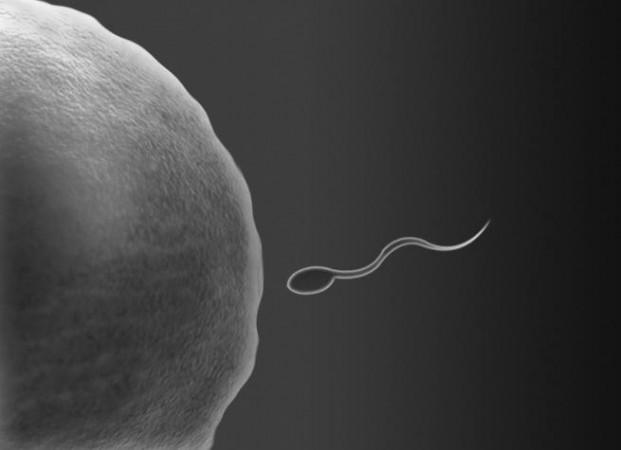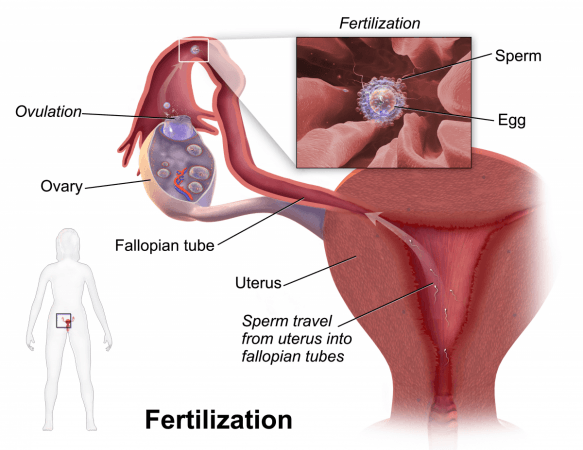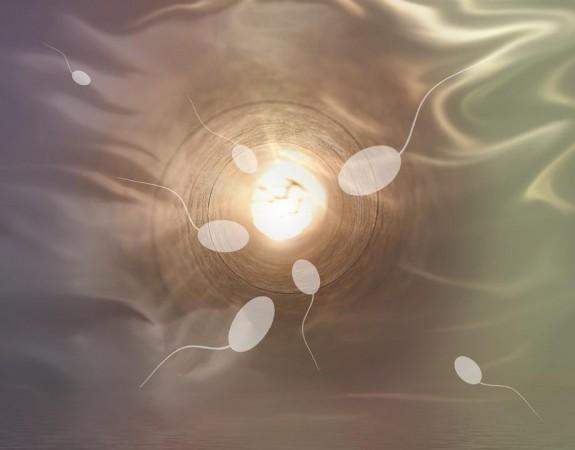It is commonly accepted that sperm has only one function during reproduction—to fertilize the egg. However, a new study suggests that this is far from the truth. According to researchers from the University of Adelaide, a sperm also tries to 'persuade' the female reproductive system to accept the pregnancy.
The scientists demonstrated that the sperms also carry signals to the female reproductive tissues directly. This is done in order to maximize the possibilities of conception, the study found.
"This research is the first to show that the female immune response is persuaded by signals in sperm to allow the male partner to fertilize her eggs and conceive a pregnancy," said Prof. Sarah Robertson, lead author of the study, in a statement.
A Race for Survival

In nearly all mammals, reproduction takes place after sperms—the male gametes—deposited in the female reproductive system through copulation, fertilize the egg (the female gamete—ovum). It is literally a race where millions of sperms in the seminal fluids, or semen, race towards the egg in the fallopian tube and try to penetrate the shell, with one victor, finally getting the chance of fusing with the ovum completely.
It has also been found that proteins present in the semen regulate the female immune responses during conception. They do this in order to encourage or 'urge' the female body to accept the embryo which is foreign to it. However, the extent to which sperms play a role in this response has remained ambiguous.
'Convincing' the Female System
In order to learn more about the sperm's part in the 'persuasion' of the female reproductive response, the authors turned to a mouse model. They examined the impact on global gene expression within the uterus of female mice after mating with two kinds of males—males who had intact sperm and males who were vasectomized.

It was found that males with intact sperms promoted larger changes in female genes; especially influencing pathways associated with immune response. In the case of females that came in contact with intact sperm, they produced stronger immune tolerance. This response was higher than that in females who copulated with vasectomized males.
Through the examination of effects that the interaction of sperms had with female cells in cell culture or in vitro experiments, it was established that the sperm was indeed directly involved in the 'persuasive' action. "This overturns our current understanding of what sperm are capable of – they are not just carriers of genetic material, but also agents for convincing the female to invest reproductive resources with that male," said Prof. Robertson.
More than Just Conceiving

The findings of the study, therefore, suggest that the health of sperm is essential not just in the process of conception. It also has continuing effects on the odds surrounding the development of a healthy baby.
Several factors such as age, weight, diet, smoking, exposure to environmental chemicals, and alcohol consumption, can greatly affect the quality of sperm. Thus, these factors and the resulting sperm quality may have a greater significance on pregnancy health than previously assumed.
"Recognition that sperm influence reproductive events beyond simply fertilizing oocytes shows that sperm quality can have consequences for pregnancy health, beyond just conception. Conditions like recurrent miscarriage, preeclampsia, preterm birth and stillbirth are affected by the female's immune response in ways that the partner's sperm contribute to," concluded Prof. Robertson.










